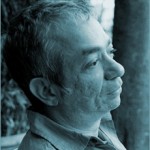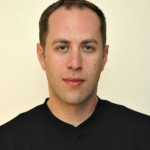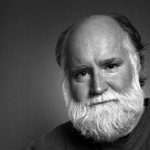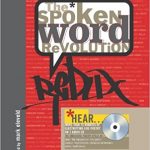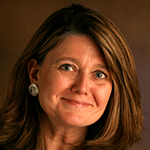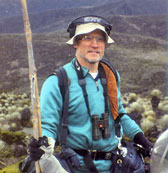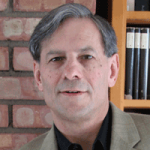Podcast: Play in new window | Download
Subscribe: Apple Podcasts | RSS
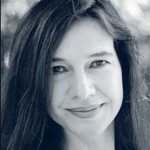
Louise Erdrich says she worked on her latest work of fiction, [amazon-product text=”A PLAGUE OF DOVES” type=”text”]0060515139[/amazon-product] for nineteen years before publication. It was worth the wait. This week Francesca talks with Louise Erdrich and journalist Jeremy Scahill about his book, [amazon-product text=”BLACKWATER: The Rise of the Worlds Most Powerful Mercenary Army” type=”text”]156858394X[/amazon-product]. Continue reading

